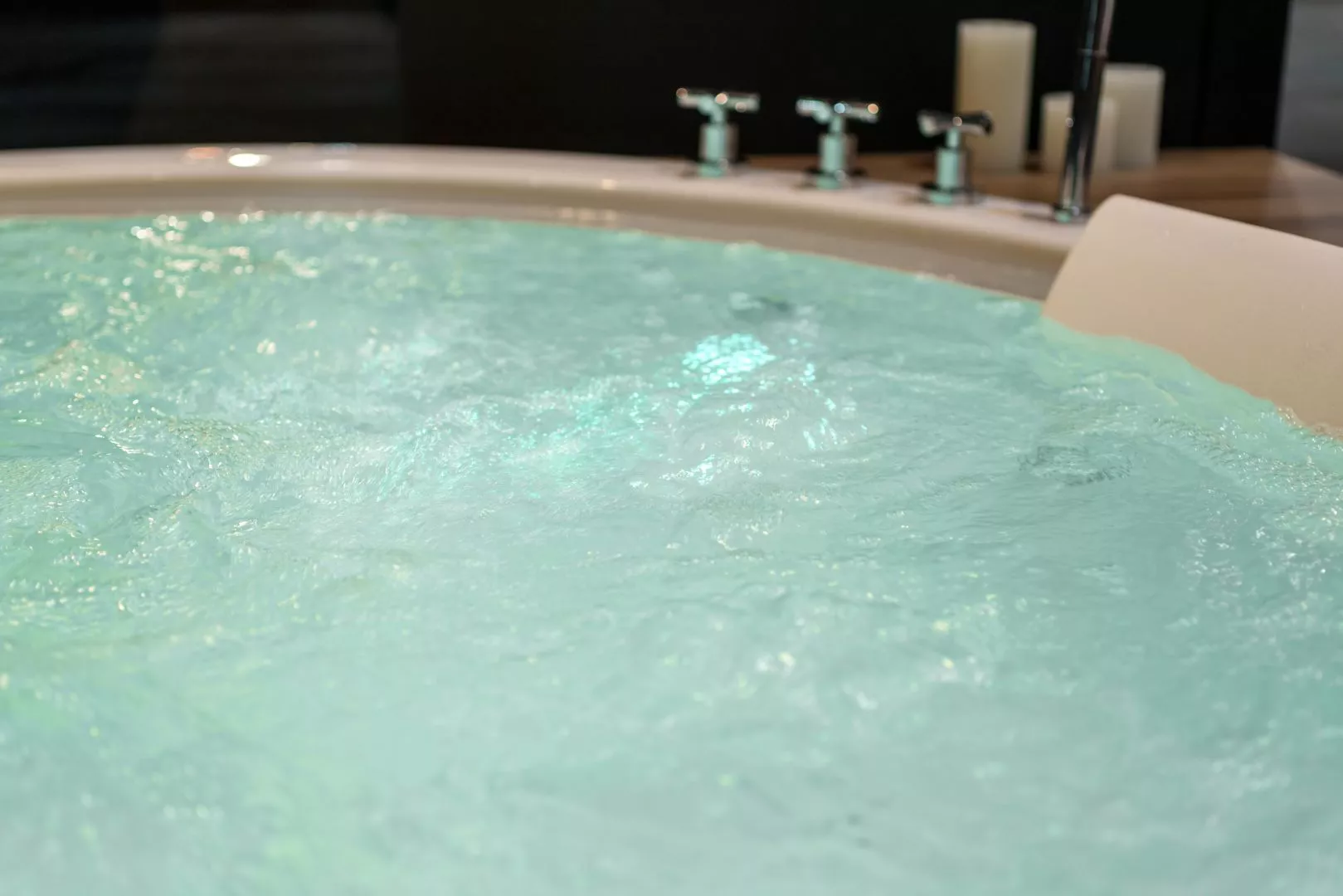What Is Legionella and How Does It Spread?
Legionella is a type of bacteria that's found in lakes, rivers, and reservoirs. While it's typically harmless in its natural environment, Legionella becomes a huge health concern when it spreads in man-made water systems. The most well-known species is Legionella pneumophila, which is responsible for the majority of human infections, including Legionnaires’ disease.
Legionella can spread in man-made water systems that store or circulate water. It thrives in warm temperatures, typically between 20°C and 45°C, and it can multiply quickly in stagnant water or systems that contain scale, sediment, or biofilm. Poor disinfectant levels can also cause Legionella to grow and spread.
The main sources of Legionella outbreaks are cooling towers, hot and cold water systems, AC units, spas, hot tubs, fountains, and poorly maintained taps or showerheads. Legionella infections occur when individuals inhale tiny water droplets that are contaminated with the bacteria.
Why Legionella Matters for Landlords
Legionella is a huge health and legal concern for landlords in the UK. Legionella is a bacterium that can develop in man-made water systems and cause Legionnaires’ disease, which is a potentially fatal form of pneumonia. This type of bacteria poses a significant risk when water systems aren't properly managed, making it essential for landlords to understand and fulfil their responsibilities.

Landlords are classified as duty holders under the Health and Safety at Work Act and the Control of Substances Hazardous to Health Regulations. This means they are legally responsible for identifying and managing the health risks within the properties they rent out, including the risk of Legionella exposure.
Failure to manage this Legionella risk can lead to serious health issues for tenants and enforcement action from the Health and Safety Executive, including fines and potential legal claims.
How Often Should You Check for Legionella?
As a general rule of thumb, landlords should have a Legionella risk assessment at least every two years. However, more frequent checks may be required depending on the nature of the property, the complexity of the water system, and whether any changes have occurred that could affect the risk of Legionella.
In simple domestic properties with low-risk water systems, such as combi boilers, the risk of Legionella is generally low. In these cases, a visual inspection and a basic check may be sufficient, and formal sampling or laboratory testing is rarely needed unless there is a suspected problem.
For higher-risk properties, such as HMOs, buildings with cold water tanks or cylinders, or care homes, more frequent and detailed checks may be necessary. In these cases, landlords should consider employing a professional assessor to carry out the inspection and provide advice on ongoing maintenance routines and preventative measures.
Penalties for Failing to Meet Your Duties
The Health and Safety Executive (HSE) is the regulatory body that's responsible for enforcing health and safety laws, including those relating to Legionella control. If a landlord fails to carry out a suitable Legionella risk assessment or fails to implement proper control measures, the HSE has the authority to investigate and take enforcement action.

Landlords may be subjected to unlimited fines if they're found guilty of breaching health and safety regulations, especially when their negligence leads to a Legionella outbreak. These breaches are taken seriously by enforcement authorities, and they can result in severe financial and legal consequences.
Convictions can also result in heavy fines and imprisonment, especially where gross negligence or repeated non-compliance is proven. Tenants who become ill due to a landlord’s failure to manage Legionella can also pursue personal injury claims, which can lead to additional financial liability.
We provide professional Legionella risk assessment services to help businesses and landlords comply with UK health and safety regulations. Our experts can identify potential risks in your water systems and deliver tailored control measures to protect occupants and maintain a safe, Legionella-free environment.

